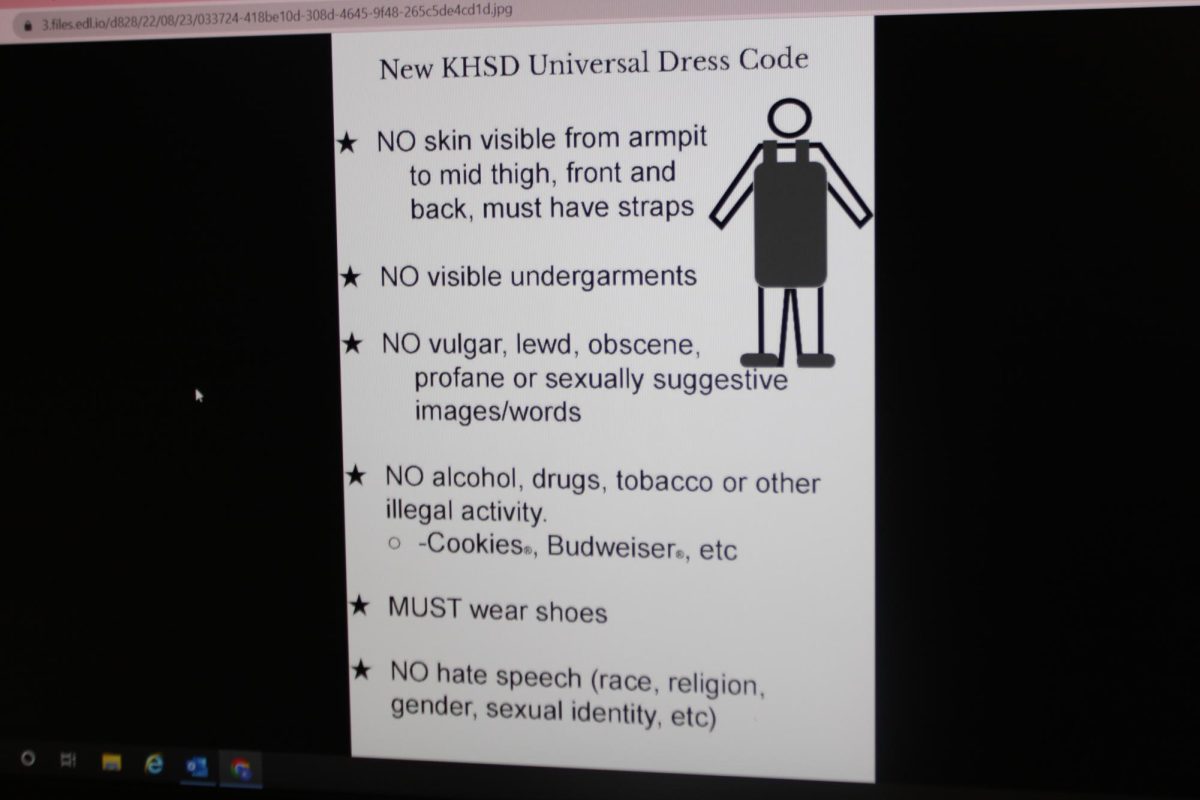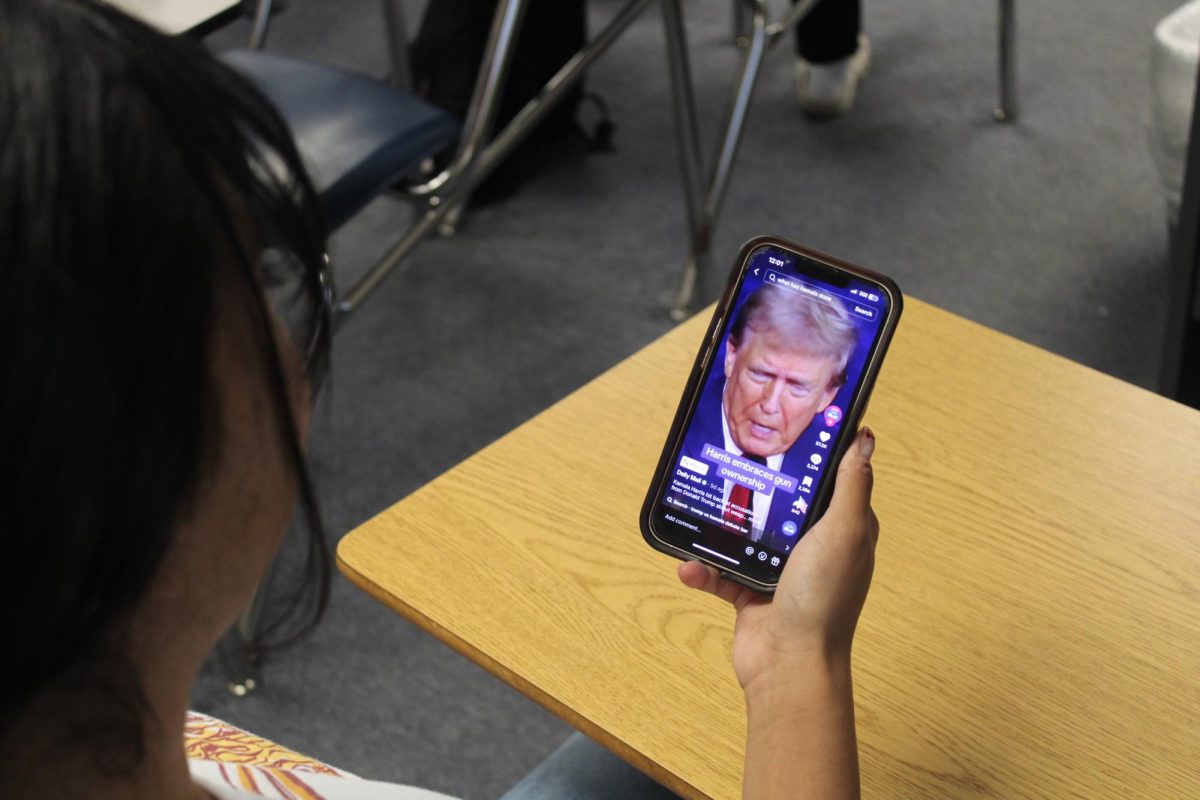Recent boycotts against Starbucks begs one to ask the question of whether it’s worth it or not, does boycotting make a difference? Throughout history, this answer has commonly been yes. In our modern society brands and industry permeate throughout nearly every facet of society, for better or for worse large companies and their subsidiaries control large swaths of America, but despite all of their power they still rely on the loyalty of their consumers, hoping that they will always come back for the next product. As permanent as brands like Disney and Starbucks seem in our lives, in the end, these companies would not exist without their consumer base. They would not exist without us. We the people hold the power. That’s why we as the consumers hold so much power over these companies when we decide to band together in a boycott. I believe boycotting is one of the people’s most powerful tools to fight back against large companies.
A boycott is when an individual, or group of them refuses to do business with an organization out of protest. Furthermore, boycotts have been effective tools in the past, not just to fight back against companies but government institutions as well. A famous example was the Montgomery bus boycott in 1955 which was one of the primary foundational events of the American Civil Rights movement. In prelude to the American Revolution colonists boycotted British goods, forcing the British parliament to repeal some of its laws. Money is a driving force of society, and a company typically does not want to be deprived of it. That is why I see boycotts as an incredibly effective tool because if you can deny an organization a large portion of its income, there’s little it can do but comply with your demands. Starbucks can’t force you to buy their coffee.
While boycotting historically has made a difference, does the average consumer have power today? I would say that the answer is still yes. More often than not, for a boycott to be successful it requires a large swath of people to join up arms and refuse to buy a specific company’s goods. If only a small percentage of people choose to fight back, then the amount of money the boycotted organization in question will lose is far less significant, lessening the pressure to conform to the people’s demands. This general philosophy applies to most forms of protests, from strikes to public demonstrations. Large companies and governments are simply more likely to listen to a large crowd than a small one.
The Starbucks boycott, which began this inquiry in the first place, began with the tragedy of the Israel-Hamas war. A workers union put out a message in support of the Palestinians, while the company itself condemned what it called acts of ‘terrorism’ committed in the conflict, siding itself firmly with the Israelis. This has led many, in support of the Palestinian cause to declare that Starbucks supports genocide, specifically the genocide of the Palestinian people. Additionally, Starbucks as a whole has lost money since the beginning of 2023, with its market value plummeting 11 billion dollars, and the company as a whole is facing a wave of unionization. I believe that while the recent Boycotts cannot take credit for all of the damage done to the company’s value, it can take some credit among other larger influences.
Ultimately, it is my opinion that boycotts like all forms of protest are only effective depending on how many pledge themselves to the cause. Whether the Starbucks boycott succeeds, like those that came before, relies on how many support the boycotters cause, and out of those how many are ready to distance themselves from the company, to make a difference in the world.



